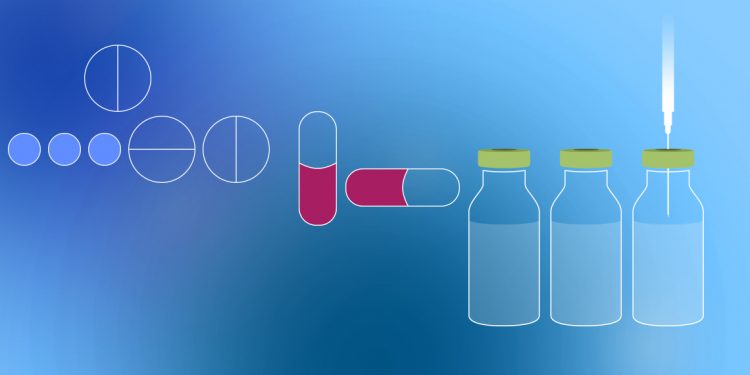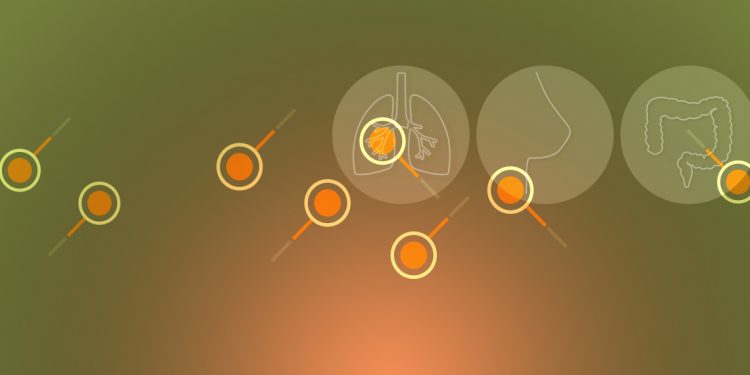
Preamplification and How it Can Be Used to Maximize qPCR Data Generation from Limited Samples

Biosimilars: Providing More Treatment Options

Introducing the NGC™ Fraction Collector for Discovery to Process-Scale Protein Purification

What’s New in U.S. Biosimilar-Land?

Minimizing On-Column Monoclonal Antibody Aggregate Formation

Year in Review: What We Learned in 2017

Top Ten Videos of 2017

Top Five Podcasts of 2017

Cell Sorting and Its Significance in Stem Cell Research


